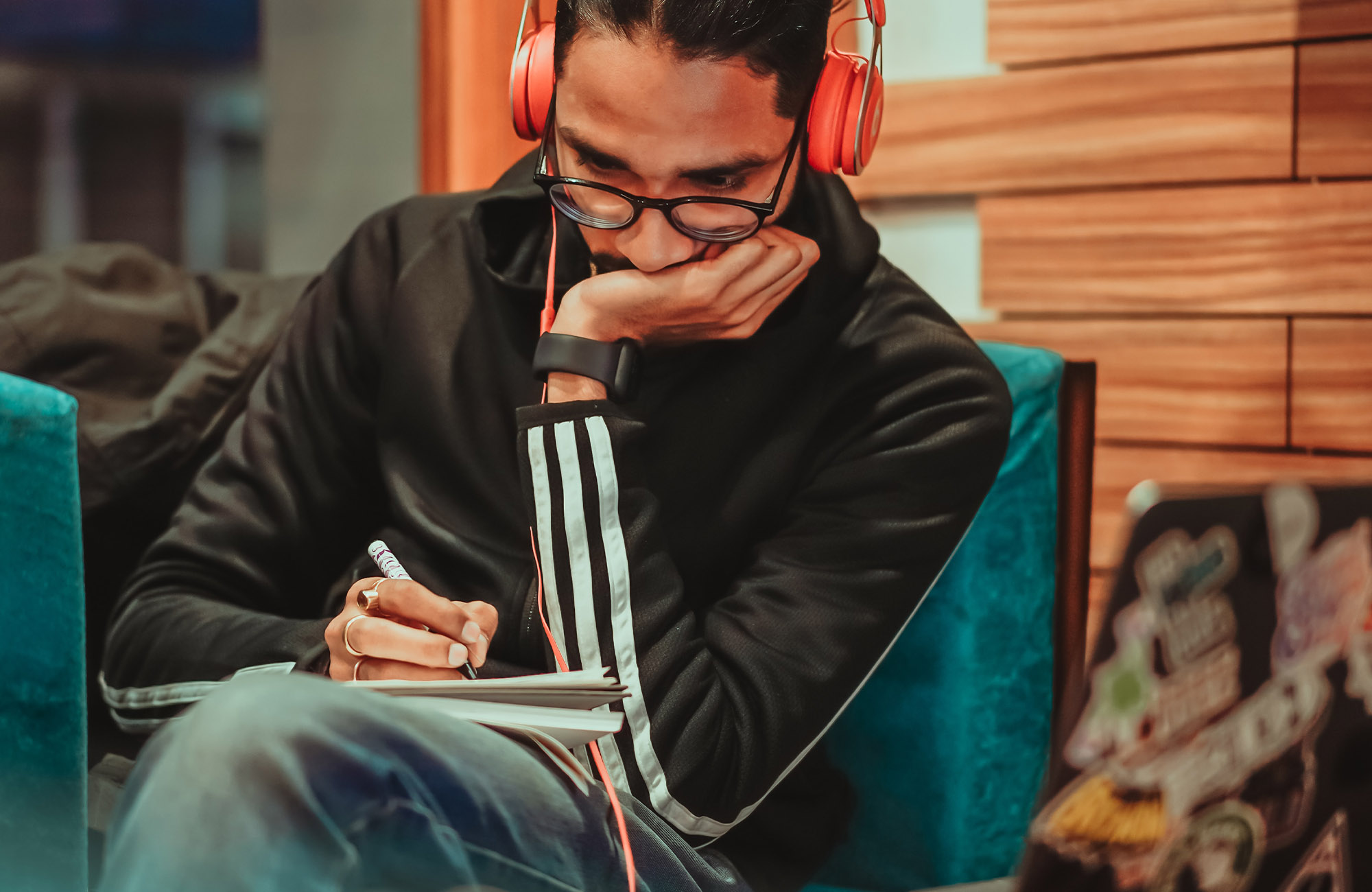
Free Beats vs. Licensed Beats: Understanding the Key Differences
In the world of music production, beats are the rhythmic foundation upon which songs are built. Whether you’re a seasoned artist or just starting your musical journey, finding the right beats is crucial to creating a compelling and unique sound. Two common options for obtaining beats are licensed beats and free beats. In this article, we’ll explore the key differences between these two choices, helping you make an informed decision about which option is best for your music.
Quality and Production Value
Licensed beats are typically produced by professional music producers or beatmakers who invest significant time, effort, and resources into crafting high-quality instrumentals. These producers often have access to top-notch equipment, software, and industry-standard sound libraries, resulting in beats that are sonically polished and ready for commercial use. The production value is generally high, with meticulous attention to detail in terms of sound selection, arrangement, and mixing.
Free beats, on the other hand, vary widely in quality. While some free beats may be created by talented producers who offer their work as a promotional tool, many free beats lack the professional polish and refinement found in licensed beats. Free beats may be created by amateur beatmakers with limited resources, leading to a more basic or raw sound.
Resource:
To find licensed beats of high quality, you can explore online platforms like BeatStars, Airbit, or SoundClick, where professional producers offer their beats for purchase. These platforms often provide audio previews, allowing you to assess the quality before making a purchase.
Legal Rights and Ownership
Licensed Beats:
When you purchase a licensed beat, you acquire legal rights to use it in your music. The producer or beatmaker retains ownership of the beat, but you typically receive a license that outlines how you can use the beat in your work. The terms of the license may vary, but it usually includes details such as the number of copies you can distribute, whether you can sell your music with the beat, and any required attribution.
Free Beats:
Free beats are often made available under more permissive terms, but the specifics can vary. Some free beats come with limited usage rights, while others may grant you more freedom. However, it’s essential to read the terms and conditions provided by the producer to understand the extent of your rights. In some cases, using a free beat may require crediting the producer in your music.
Resource:
To navigate the legal aspects of using licensed beats, consult the licensing agreements provided by the producer. Additionally, services like Tracklib offer pre-cleared samples and beats for a fee, simplifying the clearance process.
Exclusivity
Licensed Beats:
One of the significant advantages of licensed beats is the potential for exclusivity. Producers often offer exclusive licenses for their beats, which means that once you purchase an exclusive license, the beat is removed from the market, and you become the sole user. This can be especially valuable if you want to create a unique sound or maintain control over your music.
Free Beats:
Free beats are rarely exclusive. Since they are offered freely to a wide audience, multiple artists may use the same beat in their songs. This can result in your music sounding similar to others who have used the same free beat, potentially diluting your unique artistic expression.
Resource:
To secure exclusive rights to a beat, communicate with the producer and inquire about the availability of exclusive licenses. Be prepared to negotiate the terms and pricing.
Customization and Collaboration
Licensed Beats:
When you purchase a licensed beat, you generally have limited flexibility to customize or modify the beat. Producers may offer different versions or stems of the beat for additional fees, allowing for some degree of customization. However, substantial alterations may require a custom beat commission, which can be more costly.
Free Beats:
Free beats, especially those created by independent producers, may offer more room for collaboration and customization. Since they are often shared to gain exposure, producers may be open to working closely with artists to tailor the beat to their specific needs.
Resource:
To explore customization options, discuss your requirements with the producer before making a purchase. Many producers are willing to accommodate minor changes or provide stems for added flexibility.
Support and Collaboration Opportunities
Licensed Beats:
When you purchase licensed beats, you may establish a professional relationship with the producer. This can open doors to collaboration on future projects, access to more exclusive beats, and guidance in navigating the music industry. Producers often provide support and assistance to artists who invest in their beats.
Free Beats:
While free beats can be a cost-effective way to start creating music, they may not offer the same level of support and collaboration opportunities as licensed beats. Producers of free beats may have limited time and resources to dedicate to individual artists, especially if they are offering their work for free to a large audience.
Resource:
To build relationships with producers and explore collaboration opportunities, consider reaching out to them through social media or music platforms. Networking can be a valuable tool in your music career.
Conclusion
Choosing between licensed beats and free beats is a decision that depends on your specific goals, budget, and artistic vision. Licensed beats offer higher quality, legal rights, potential exclusivity, and support from professional producers but come at a cost. Free beats, on the other hand, provide an accessible entry point for artists with limited resources but may come with limitations in quality and creative control.
Ultimately, the choice between licensed and free beats should align with your musical objectives and budget constraints. Whichever path you choose, remember to respect the rights and terms set by producers and focus on creating music that reflects your unique style and artistic vision. By understanding the differences between these two options, you can make an informed decision that propels your music career forward.


No Comments